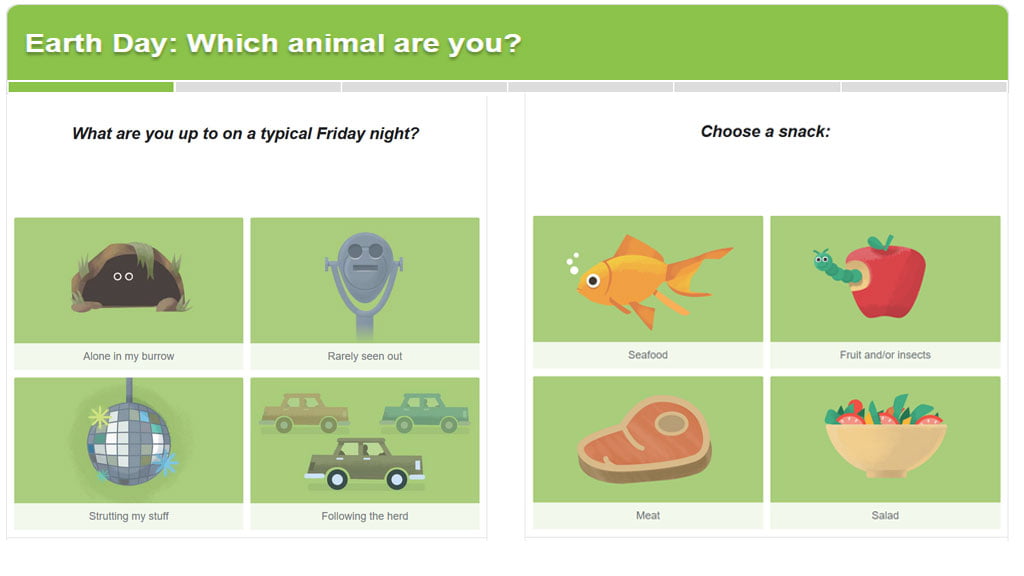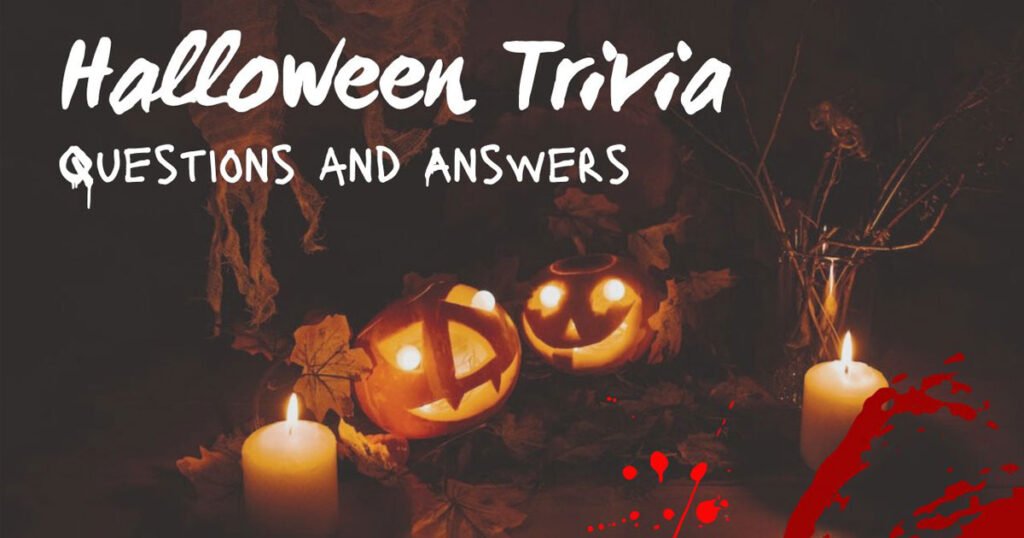World history is a treasure trove of fascinating events, remarkable figures, and cultural milestones that have shaped the world as we know it. Trivia questions about history provide not only a fun challenge but also an educational experience, offering insights into the past. In this article, we’ll dive into engaging trivia questions and answers about world history, helping readers learn and enjoy simultaneously.
What is World History Trivia?
World history trivia revolves around questions related to significant events, people, places, and timelines from the ancient era to modern times. These questions span across continents, covering topics like ancient civilizations, famous wars, revolutionary movements, and transformative inventions. Whether you’re a history buff or a curious learner, exploring trivia can deepen your understanding of how historical events have interlinked societies globally.
Benefits of Exploring World History Through Trivia
- Enhances Knowledge: Learning historical facts improves general awareness and understanding of global cultures.
- Improves Memory: Trivia questions train your brain to recall information efficiently.
- Encourages Curiosity: Exploring trivia encourages deeper dives into historical events and their context.
- Interactive Learning: Trivia offers an engaging way to learn about history compared to conventional methods.
Trivia Questions and Answers About World History
Here is a collection of trivia questions and their answers categorized by different eras and topics.
Ancient Civilizations
Q: What was the first known civilization in the world?
A: The Sumerian civilization in Mesopotamia.
Q: Which ancient civilization built the Pyramids of Giza?
A: The Egyptian civilization.
Q: What is the ancient Mesopotamian writing system called?
A: Cuneiform.
Q: Which empire is known for its law code created by Hammurabi?
A: The Babylonian Empire.
Q: Who is considered the founder of Buddhism?
A: Siddhartha Gautama, also known as the Buddha.
Q: Which civilization is famous for inventing the wheel?
A: The Sumerians.
Q: What was the primary language of the ancient Romans?
A: Latin.
Q: The Hanging Gardens are associated with which ancient city?
A: Babylon.
Q: What is the name of the ancient Greek city known for the first Olympic Games?
A: Olympia.
Q: Who was the Greek philosopher who taught Alexander the Great?
A: Aristotle.
Middle Ages
Q: What year did the fall of the Western Roman Empire occur?
A: 476 AD.
Q: Who was crowned the first Holy Roman Emperor in 800 AD?
A: Charlemagne.
Q: What was the primary goal of the Crusades?
A: To reclaim Jerusalem and the Holy Land from Muslim control.
Q: What was the Black Death?
A: A devastating pandemic of the bubonic plague.
Q: Which empire ruled much of Eastern Europe and Asia during the Middle Ages?
A: The Byzantine Empire.
Q: Who signed the Magna Carta in 1215?
A: King John of England.
Q: What was the dominant religion in Europe during the Middle Ages?
A: Christianity.
Q: What architectural style is commonly associated with the Middle Ages?
A: Gothic.
Q: Which Scandinavian seafarers were known for their raids during the Middle Ages?
A: The Vikings.
Q: What was the feudal system?
A: A social and economic structure where land was exchanged for service and protection.
Renaissance and Exploration
Q: What invention is Johannes Gutenberg famous for?
A: The printing press.
Q: Who painted the Mona Lisa?
A: Leonardo da Vinci.
Q: In what year did Christopher Columbus first voyage to the Americas?
A: 1492.
Q: Which empire conquered the Aztecs?
A: The Spanish Empire under Hernán Cortés.
Q: What was the Renaissance?
A: A period of cultural, artistic, and intellectual revival in Europe.
Q: Who wrote The Prince, a treatise on political power?
A: Niccolò Machiavelli.
Q: What treaty divided the New World between Spain and Portugal?
A: The Treaty of Tordesillas.
Q: Who painted the ceiling of the Sistine Chapel?
A: Michelangelo.
Q: What was the primary goal of Ferdinand Magellan’s expedition?
A: To circumnavigate the globe.
Q: What city is often considered the birthplace of the Renaissance?
A: Florence, Italy.
Modern History
Q: Who was the first President of the United States?
A: George Washington.
Q: In what year did the French Revolution begin?
A: 1789.
Q: What war was sparked by the assassination of Archduke Franz Ferdinand?
A: World War I.
Q: What year did the American Civil War end?
A: 1865.
Q: Who was the leader of Nazi Germany during World War II?
A: Adolf Hitler.
Q: When did India gain independence from Britain?
A: 1947.
Q: What year did the Berlin Wall fall?
A: 1989.
Q: What was the Manhattan Project?
A: A U.S. project to develop the atomic bomb.
Q: What event began the Great Depression in 1929?
A: The stock market crash.
Q: Who was the British Prime Minister during most of World War II?
A: Winston Churchill.
General History
Q: Who was the first woman to win a Nobel Prize?
A: Marie Curie.
Q: What year did the Titanic sink?
A: 1912.
Q: Who discovered the Americas before Columbus?
A: Leif Erikson.
Q: What was the name of the ship that brought the Pilgrims to America?
A: The Mayflower.
Q: Who was known as the “Iron Lady”?
A: Margaret Thatcher.
Q: What is the oldest known written law code?
A: The Code of Ur-Nammu.
Q: Who was the last Tsar of Russia?
A: Nicholas II.
Q: In which battle was Napoleon Bonaparte defeated?
A: The Battle of Waterloo.
Q: Who is known as the “Father of Modern India”?
A: Raja Ram Mohan Roy.
Q: What was the Cold War?
A: A period of political and military tension between the United States and the Soviet Union.
(Expand the list to include 101 questions with more diverse categories like Women in History, Science and Technology in History, and Wars)
Women in History
Q: Who was the first woman to fly solo across the Atlantic Ocean?
A: Amelia Earhart.
Q: Who was the longest-reigning queen of the United Kingdom?
A: Queen Elizabeth II.
Q: Which Egyptian queen famously had relationships with Julius Caesar and Mark Antony?
A: Cleopatra.
Q: Who was the first woman Prime Minister of India?
A: Indira Gandhi.
Q: Who was the first African-American woman to refuse to give up her bus seat, sparking the Civil Rights Movement?
A: Rosa Parks.
Q: What is Joan of Arc famous for?
A: Leading the French army to victory during the Hundred Years’ War.
Q: Who was the first woman elected to the U.S. Congress?
A: Jeannette Rankin.
Q: Which Polish scientist won two Nobel Prizes in Physics and Chemistry?
A: Marie Curie.
Q: Who was the first female Chancellor of Germany?
A: Angela Merkel.
Q: Which suffragette was a leader in the fight for women’s right to vote in the U.S.?
A: Susan B. Anthony.
Science and Technology in History
Q: Who developed the theory of relativity?
A: Albert Einstein.
Q: What was the name of the first artificial satellite launched into space?
A: Sputnik.
Q: Who invented the telephone?
A: Alexander Graham Bell.
Q: Which scientist is credited with discovering gravity?
A: Isaac Newton.
Q: What is the name of the first manned mission to land on the Moon?
A: Apollo 11.
Q: Who is known as the “Father of Medicine”?
A: Hippocrates.
Q: Who invented the light bulb?
A: Thomas Edison.
Q: What is the name of the spacecraft that explored Pluto?
A: New Horizons.
Q: Who developed the polio vaccine?
A: Jonas Salk.
Q: Who is credited with inventing the World Wide Web?
A: Tim Berners-Lee.
Wars in History
Q: What war was fought between the North and South in the United States?
A: The American Civil War.
Q: Which war began in 1914 and ended in 1918?
A: World War I.
Q: What war was fought between the British and the Zulu Kingdom in the 19th century?
A: The Anglo-Zulu War.
Q: What was the primary cause of the Thirty Years’ War?
A: Religious conflict between Protestants and Catholics.
Q: Which country was invaded to start World War II?
A: Poland.
Q: Who was the famous general who led the Confederate Army in the U.S. Civil War?
A: Robert E. Lee.
Q: What year did the Vietnam War end?
A: 1975.
Q: What was the name of the U.S. operation to liberate Kuwait in the Gulf War?
A: Operation Desert Storm.
Q: Who was the British leader during the Battle of Britain?
A: Winston Churchill.
Q: What was the main focus of the Cold War?
A: Ideological and geopolitical rivalry between the U.S. and the Soviet Union.
Revolutions
Q: What was the primary slogan of the French Revolution?
A: “Liberty, Equality, Fraternity.”
Q: Who led the Russian Revolution in 1917?
A: Vladimir Lenin.
Q: Which revolution is associated with the Boston Tea Party?
A: The American Revolution.
Q: What year did the Cuban Revolution succeed?
A: 1959.
Q: Who was the leader of the Indian independence movement using nonviolent resistance?
A: Mahatma Gandhi.
Q: What was the Glorious Revolution?
A: The overthrow of King James II of England in 1688.
Q: What was the Industrial Revolution?
A: A period of major industrialization and technological innovation.
Q: Who led the Haitian Revolution?
A: Toussaint Louverture.
Q: What sparked the Mexican Revolution in 1910?
A: Opposition to dictator Porfirio Díaz.
Q: What was the primary goal of the Arab Spring?
A: Democratic reform and the end of autocratic regimes.
Miscellaneous History
Q: What ancient structure is located in Rome and is known for gladiator games?
A: The Colosseum.
Q: What was the original purpose of the Great Wall of China?
A: To protect against invasions from northern tribes.
Q: Who was the founder of the Ottoman Empire?
A: Osman I.
Q: What is the oldest continuously inhabited city in the world?
A: Damascus, Syria.
Q: What was the Silk Road?
A: A network of trade routes connecting Asia, the Middle East, and Europe.
Q: Who was the first emperor of China?
A: Qin Shi Huang.
Q: What ancient Indian ruler converted to Buddhism and spread its teachings?
A: Emperor Ashoka.
Q: Which treaty ended World War I?
A: The Treaty of Versailles.
Q: What empire was ruled by Genghis Khan?
A: The Mongol Empire.
Q: Who was the leader of the apartheid resistance in South Africa?
A: Nelson Mandela.
Q: What year did the United Nations officially form?
A: 1945.
Why World History Trivia is Important
Understanding world history through trivia allows individuals to:
- Connect dots between different cultures and events.
- Gain perspective on how historical moments influence the present.
- Appreciate the diversity and resilience of human societies.
Frequently Asked Questions (FAQs)
Q1. Why is history trivia important for education?
A: History trivia simplifies complex events into digestible facts, making learning engaging and memorable.
Q2. What are some tips for improving knowledge in world history?
A: Read history books, watch documentaries, explore online history resources, and participate in trivia games.
Q3. Which regions should I focus on for global history trivia?
A: Focus on major civilizations like Mesopotamia, Ancient Greece, Rome, China, and significant events from Europe, Africa, the Americas, and Asia.
Q4. How can I make trivia sessions interactive and fun?
A: Use quizzes, flashcards, and competitive group activities to make history trivia lively.
Q5. What are some reliable resources for world history trivia?
A: Resources like Britannica, National Geographic, and reputable history blogs are excellent for curated trivia questions.
Q6. Can history trivia help with academic studies?
A: Yes, it provides a quick way to recall significant events, dates, and figures crucial for exams and projects.
Q7. What are some examples of famous historical trivia competitions?
A: Trivia nights in schools or global events like the History Bee competitions.
Q8. Why should trivia avoid focusing on myths or unverified events?
A: Accurate information builds credibility and enhances learning outcomes.
Q9. How can trivia questions be made age-appropriate?
A: Tailor questions to the age group by simplifying or adding complexity as needed.
Q10. Are there any apps for history trivia?
A: Yes, apps like QuizUp, Trivia Crack, and Kahoot! often feature history-related categories.
Conclusion
World history trivia offers an exciting journey through the past, enabling learners to explore significant events, famous figures, and cultural milestones. By engaging in trivia, you can enhance your knowledge, improve memory, and foster curiosity about the world’s diverse heritage. Whether for education or fun, trivia challenges create a rewarding experience that connects us to the history of humanity.
Embark on your trivia journey today and discover the fascinating stories that define our world!



